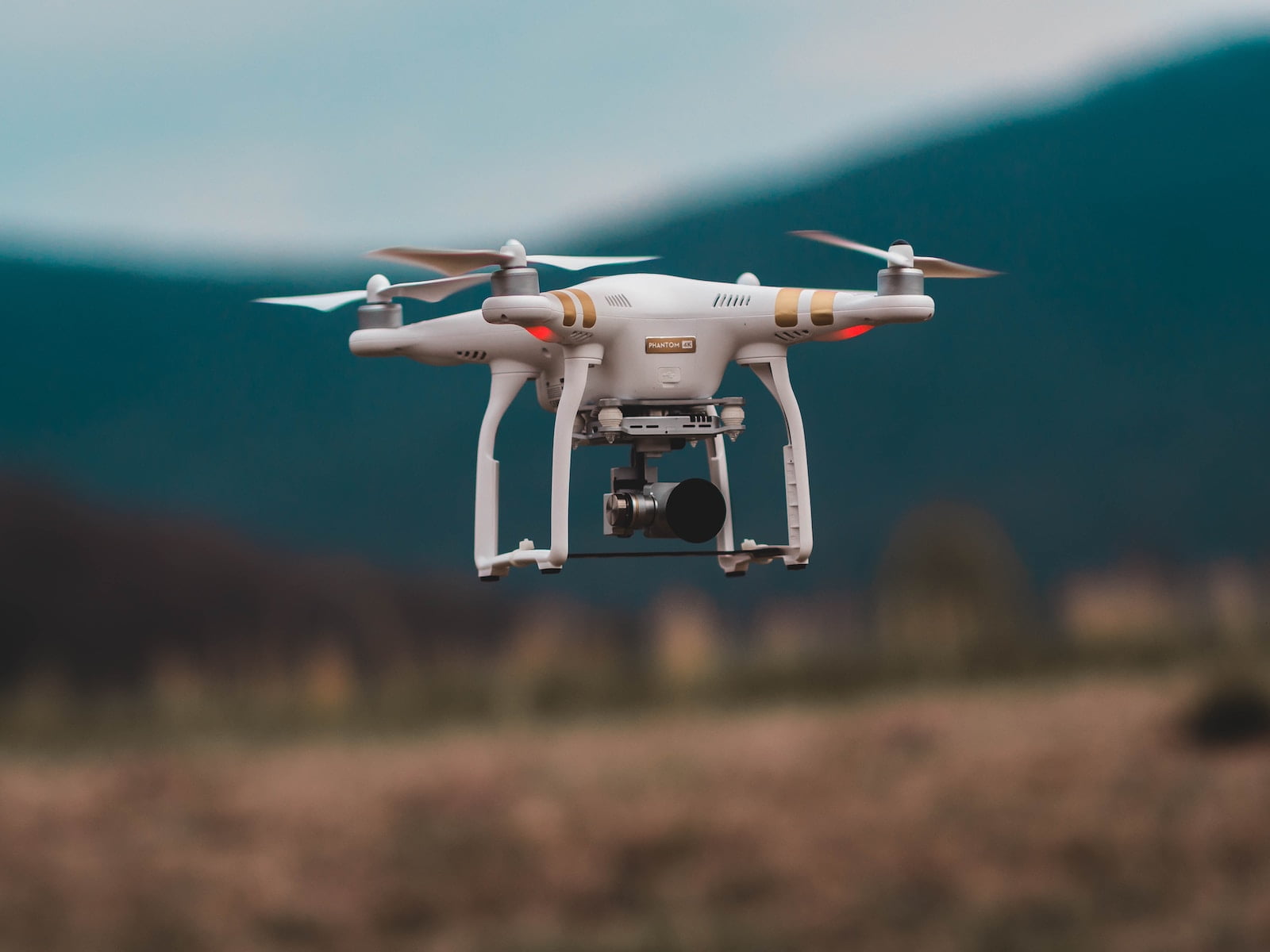2020 was a tale of two halves: during the first half of the year, global private equity deal volume fell precipitously, declining more than 20% relative to the same period in 2019; in the second half of the year, private equity dealmaking roared back to life, ending the year at approximately $582 billion, its highest level since 2007, as private equity firms acquired and invested in companies and businesses in record numbers even as the global Covid-19 pandemic continued to wreak havoc on the broader economy.
We review below some of the key themes that drove private equity deal activity in 2020 and our expectations for 2021.
Pandemic Takes a Toll. As we describe in our recent memo, Mergers and Acquisitions—2021, the Covid-19 pandemic took a toll on pending M&A transactions in the first half of 2020. Private equity was no exception to this trend, with private equity buyers alleging violations of interim operating covenants and pointing to “material adverse effect” clauses in transaction agreements as justification to call off deals or renegotiate. In May 2020, Sycamore Partners and L Brands announced that they had mutually agreed to terminate a deal signed earlier in the year in which Sycamore would pay $525 million for a majority stake in Victoria’s Secret, after Sycamore had sued alleging breaches of interim operating covenants, among other things. That same month, Carlyle and Singapore sovereign wealth fund GIC announced that they would abandon their deal, entered into in December 2019, to acquire a 20% stake in American Express Global Business Travel. In other cases, deals survived, but the terms were recut. For example, after Advent International signaled that it wanted out of its agreement to acquire Forescout Technologies for $1.9 billion struck in February 2020, the parties ultimately agreed to proceed with the transaction at a reduced price of $1.6 billion.











Recent Comments